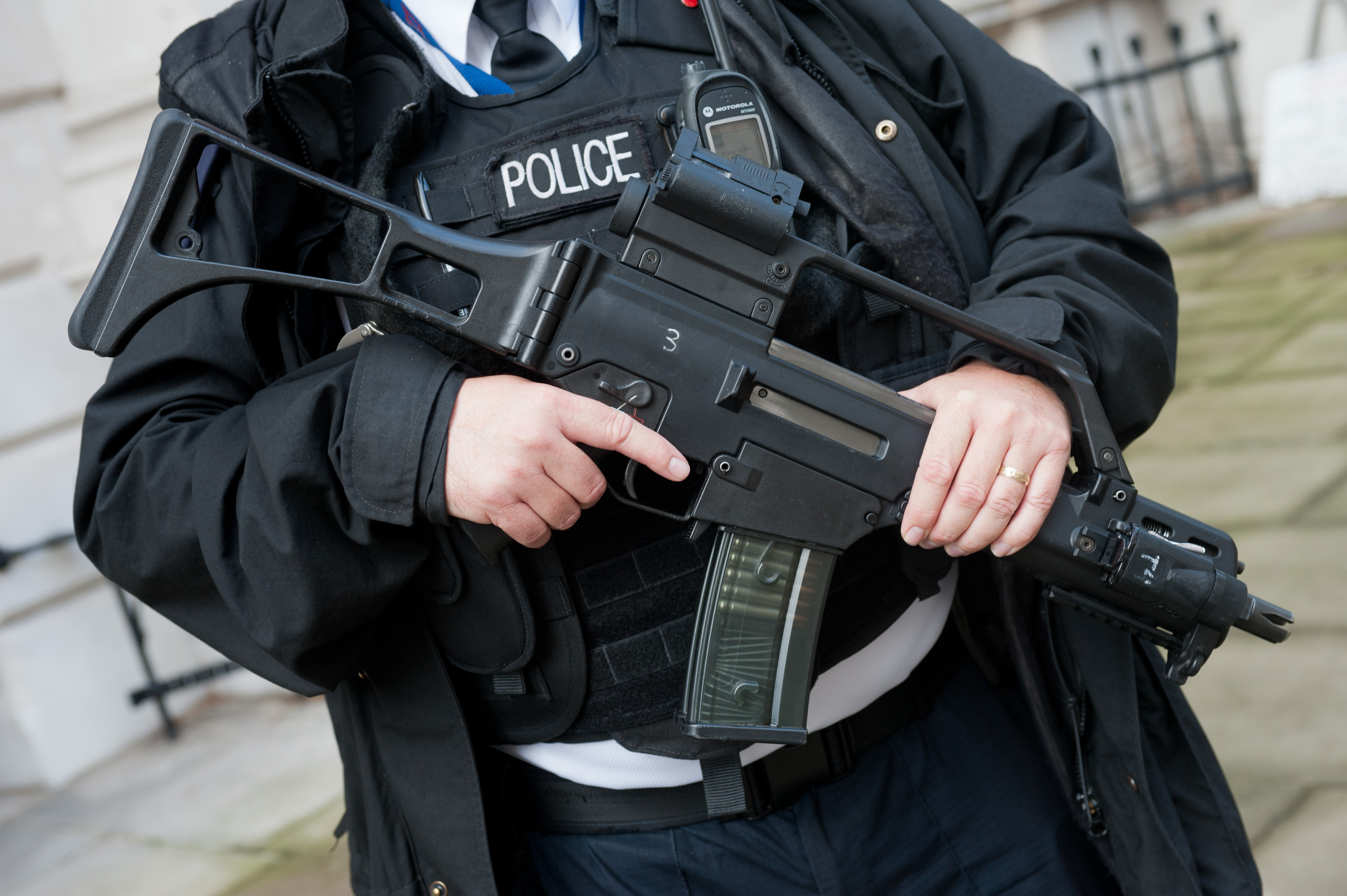Firearms investigations must consider ‘fast evolving’ situations
INDEPENDENT Office for Police Conduct (IOPC) investigators and prosecutors must now take into account the ‘dynamic and fast-evolving’ situations firearms officers find themselves in when considering prosecutions, revised CPS guidance have set out.
The new guidance has been shaped by recent court judgements and aims to ensure there is a more consistent approach to prosecutions which involve officers acting in self-defence or if they are using reasonable force.
The IOPC’s section 22 guidance, which has now come into force, also gives senior officers operational discretion to use body worn video as post incident procedural evidence, although it does include a ‘preference’ that key police witnesses should be separated immediately after the incident.
The new direction is part of the Home Office’s review into firearms policing which Home Secretary Sajid Javid has struck the ‘right balance’ between supporting firearms officers and the need for robust post incident investigations to take place.
“Firearms officers are highly-trained professionals who do a uniquely challenging job – putting themselves in harm’s way to protect the public and taking split-second decisions on whether to discharge their weapons,” he said.
“Any use of force by the police must be proportionate and necessary and the public must have confidence that investigations following a police shooting incident are independent and robust.
“But we must also make sure armed officers feel empowered to use their skills and experience in order to save lives in the most dangerous situations.”
The review concluded that PIPs conducted following the 2017 terrorist attacks ‘worked well and were quickly concluded’, that the length of time to investigate cases following a fatality can be stressful and that reducing the time taken to resolve cases is a key IOPC priority.
The review was launched amid fears that recruitment to firearms roles could be affected by a perceived lack of support for officers should they need to pull the trigger on duty.
Latest Home Office figures show recruitment to the specialist role was up 3% over 2017//18.

